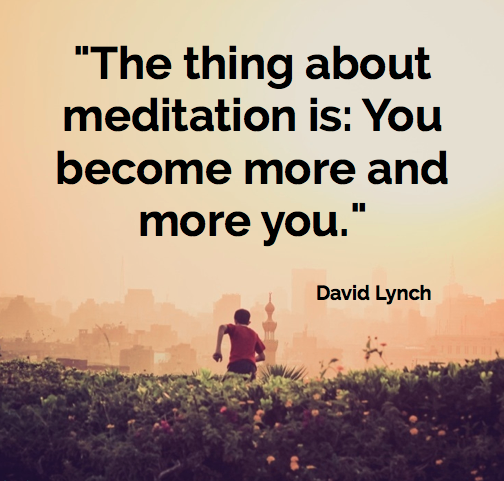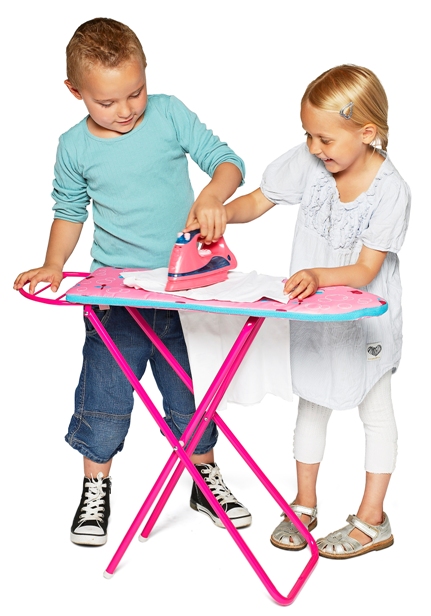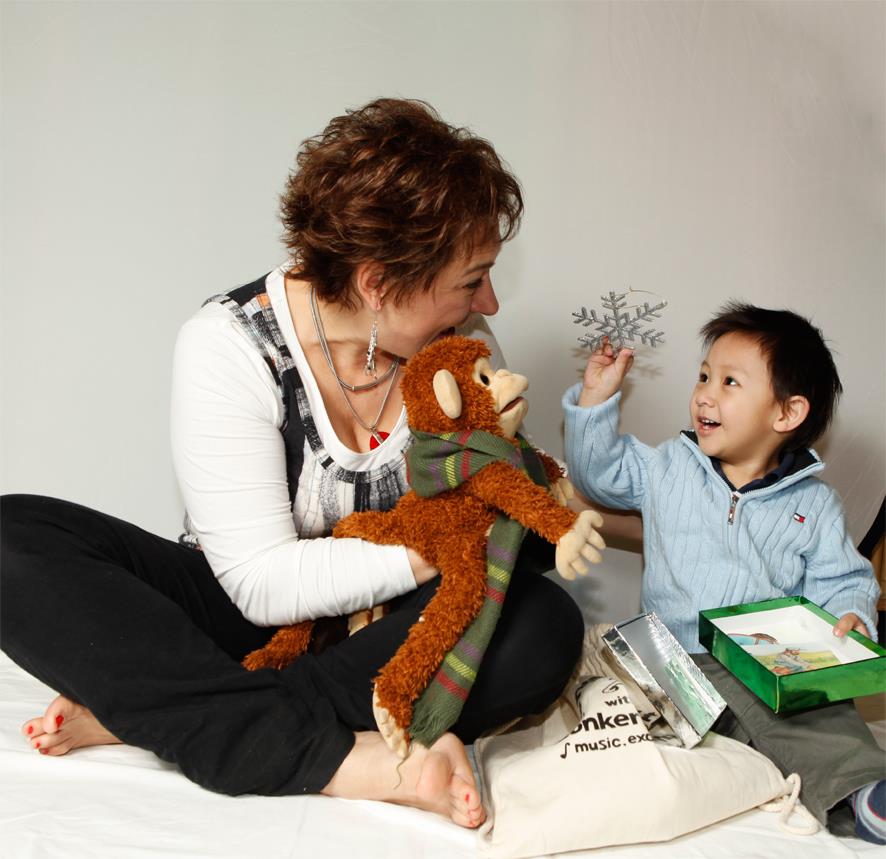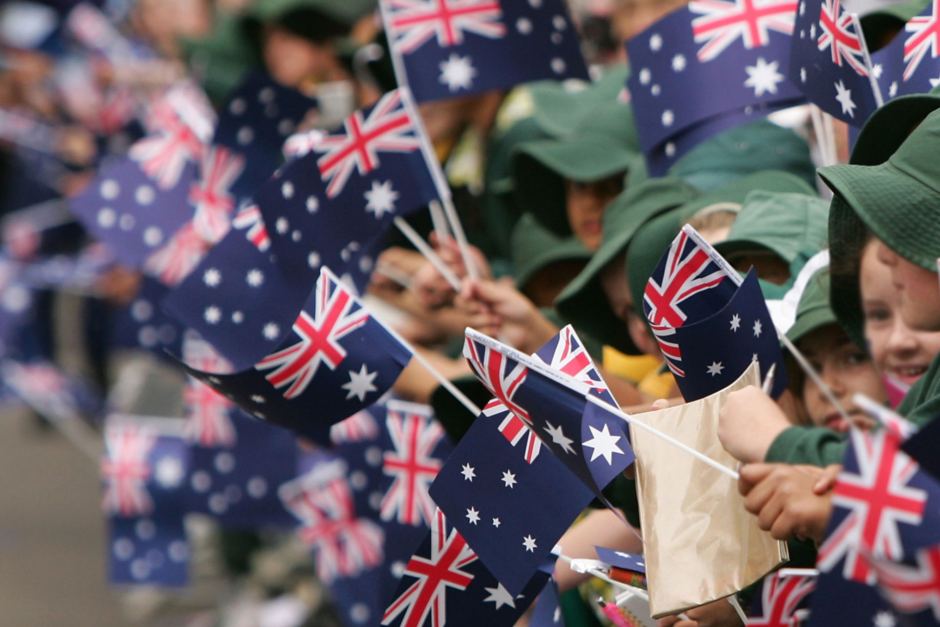We all know that children love stories, and it’s fair to say that many children love stories even more when they rhyme. Even reflecting back on childhood we are all sure to recall a poem or two that has stayed with us over the years and that is just one of the amazing features of poetry.
Poetry for memory and language
Poetry is closely linked with recognising and memorising patterns both audibly and visually – that is, through both listening to the sound of poems being read and through reading them on paper firsthand. This style of information processing can also be helpful when children are learning maths and new languages.
Poetry for emotional development
By producing sounds and beats, poems allow even very young babies and children to experience language and storytelling on a less cognitive and more emotional level. Some studies also show that poetry contributes to building resilience in children and expanding their capacity to experience and understand emotions.
Poetry for physical development
Clapping, turning around, hands up in the air – many poems and rhymes work alongside simple, fun physical movement, much like music. At Bonkers Beat many if not all of our poems and songs have movements to go along with them that not only improve children’s understanding of the content but get the blood flowing!
These are just a few of the benefits of poetry for children. One of the most simple and convincing reasons to make sure you expose children to poems at a young age is the first thing we mentioned – children love them!
Here are some useful links you to similarly minded articles that discuss the amazing impact of including poetry in children’s lives:
What is your favourite poem? Do you have a childhood favourite? Which poems do you use in your centre? Share it with us on Facebook.
http://timbuktu.me/blog/why-do-children-love-poems/
http://www.huffingtonpost.co.uk/roger-mcgough/the-importance-of-introducing-poetry_b_1618100.html
http://www.edutopia.org/blog/five-reasons-poetry-needed-schools-elena-aguilar










